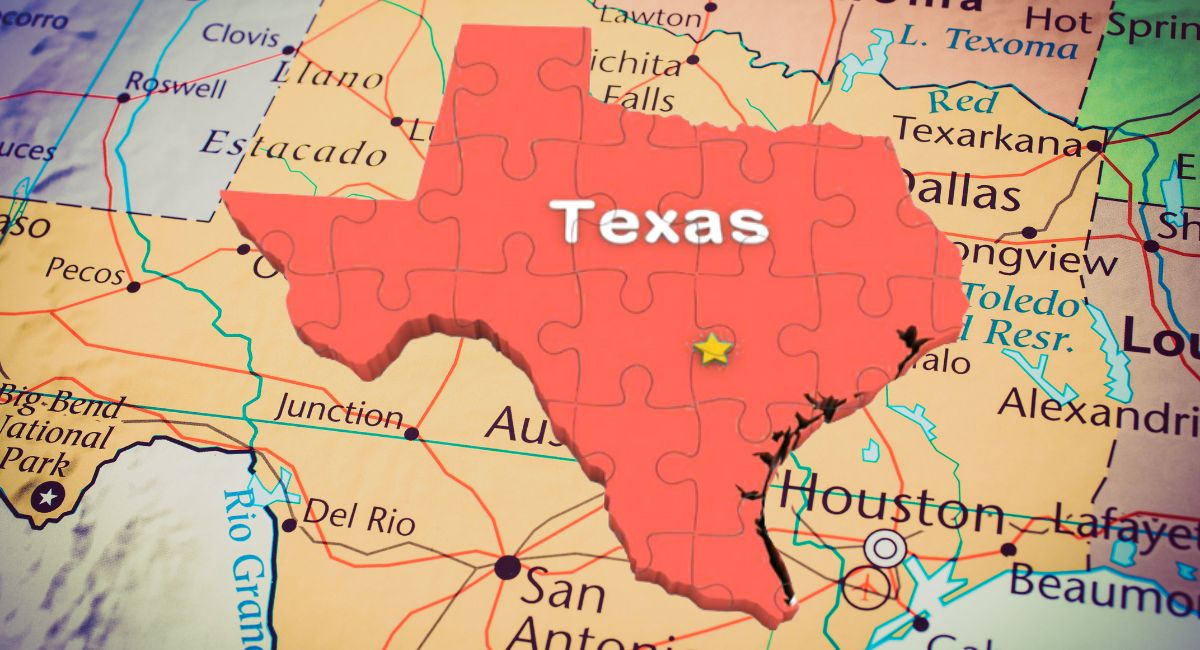Gerrymandering or reform? A new Texas map may decide the next decade of political power—and the future of Black, Latino, and Asian communities.
Magazine, The Immigrant Experience
Once again, Texas finds itself at the political crossroads—where demographics and democracy collide.
This urgent conversation unfolded during a news briefing hosted by ACOM (American Community Media), bringing together ethnic media, civil rights advocates, and community voices to unpack the true stakes of the Texas Special Session. Speakers included Representative Gene Wu, Texas State Representative, District 127; Karla Maradiaga, Voting Rights Attorney with the Texas Civil Rights Project; Melissa Allala, longtime activist, resident of Congressional District 29, and President of Kauri’s Lucky Star Foundation; and Carmela Walker, EMPA with the Center for Social Justice & Education at the Houston Area Urban League, Inc. Together, they examined the implications of the proposed redistricting maps, their impact on communities of color, and the opaque, fast-tracked process behind them.
Representative Wu, speaking from self-imposed exile in Chicago, didn’t sugarcoat the moment. “This is about cheating,” he said. “It’s about changing the rules mid-game because they’re afraid of losing under fair ones.” Wu underscored how 96% of Texas’s population growth since the last census came from communities of color—yet the two new congressional seats created in this redrawing are majority white. He explained how techniques like cracking (splitting communities across districts) and packing (concentrating voters to reduce broader influence) are being deployed to dilute minority voting power, calling it a modern form of voter suppression.
Karla Maradiaga spoke to the legal and civic dimensions of the crisis. She recounted the powerful community turnout at a Houston redistricting hearing where nearly 1,000 people registered to testify—even though the proposed maps hadn’t been released. “People showed up blind, but they still showed up,” she said, emphasizing the urgency of grassroots resistance. Maradiaga also highlighted Tarrant County’s local redistricting, where a longstanding Black-majority district was effectively erased, and announced that the Texas Civil Rights Project had filed a lawsuit in response.
Melissa Allala brought it home with a resident’s perspective. As a former census worker and a District 29 local, she explained how the redrawn maps would fracture a tightly knit Latino community, turning an elongated, community-centered district into a square devoid of shared interest. She connected political erasure to economic insecurity—explaining how young, working-class families are already stretched thin by rising costs and now face political disenfranchisement. “We’re not thinking about redistricting when we’re budgeting $150 for groceries,” she said. “But that’s the point—they count on our distraction.”
Carmela Walker provided insight into what this means for Black Houstonians and the broader Black electorate. “We’ve built this power block over decades,” she explained. “And now it’s being systematically dismantled.” She detailed how Black voters are being packed into supermajority districts, minimizing their influence across the state, and warned that if these maps are passed, future generations of Black leaders may never get a seat at the table.
The consequences stretch beyond abstract constitutional concerns. They touch the everyday—funding for schools, healthcare access, disaster relief, and community development. When elected officials are not accountable to the communities they represent, the communities suffer. And when racial gerrymandering is allowed to stand, the very idea of equal representation begins to crumble.
It’s not just Texans sounding the alarm. Across the country, civil rights groups, legal watchdogs, and now even other state governments are preparing for a showdown. California, in a bold move, has proposed a “trigger map”—a retaliatory redistricting plan that would only activate if Texas finalizes its racially skewed version. The message? If you redraw unfairly, we will too.
Some have called this political brinkmanship. Others call it necessary defense.
The reality is that redistricting has become a high-stakes battleground not only for party dominance but for the soul of American democracy. The Supreme Court may yet be forced to weigh in, though with a bench increasingly viewed as politicized, many communities have little faith in judicial rescue.
So where does that leave us?
It leaves us in the hands of the people—activists, voters, organizers, and storytellers—who must rise to meet this moment. It leaves us with leaders like Karla Maradiaga, who helped mobilize nearly 1,000 people to testify against the new maps in Houston. It leaves us with voices like Melissa Allala, who links redistricting to the price of groceries and gas. And it leaves us with organizations like the Texas Civil Rights Project, who are taking the fight to court to defend what many had assumed was already protected: the right to be heard.
This is no longer a wonky debate about district lines. It’s a fight for the future. And for immigrant communities, it’s a question of whether their children will grow up in a state that sees them—or sidelines them.
Redistricting happens once a decade. Its effects last far longer. And this time, we all have something to lose.
#RedistrictingCrisis #GerrymanderingTexas #VotingRightsNow #TexasPolitics #CommunitiesOfColor #EthnicMediaVoices #FairMapsNow

